SCORE, a Horizon 2020 Project
Carried out by an international consortium of 14 partners from five EU Member States and coordinated by Prof. Jens Lowitzsch, the programme facilitated consumers to become (co-)owners of renewable energies.
SCORE applies RE-CSOPs first in pilot regions in Italy, Czech Republic, Poland and Germany and then in follower cities across Europe.
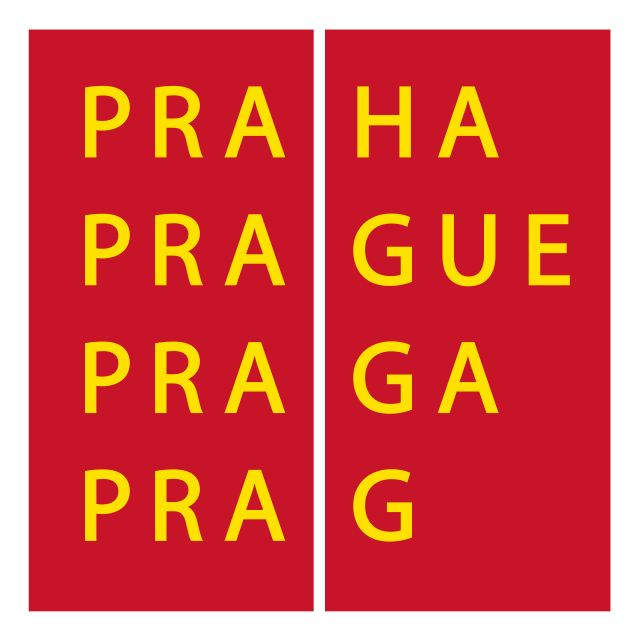
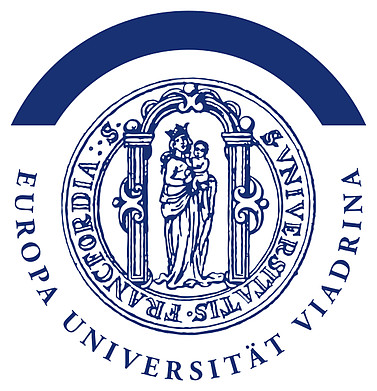

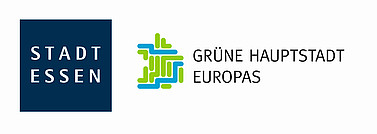
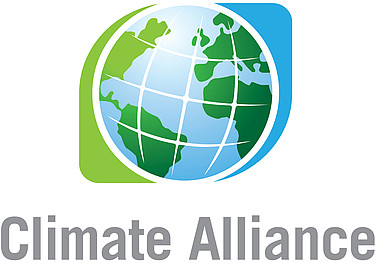
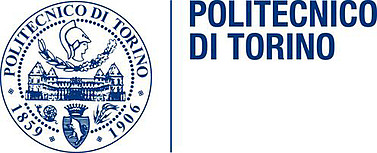
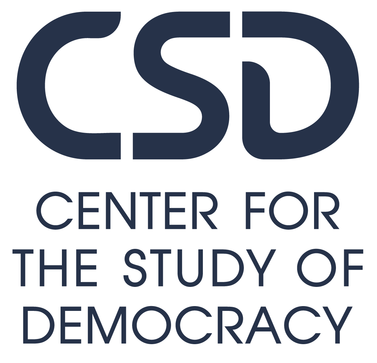
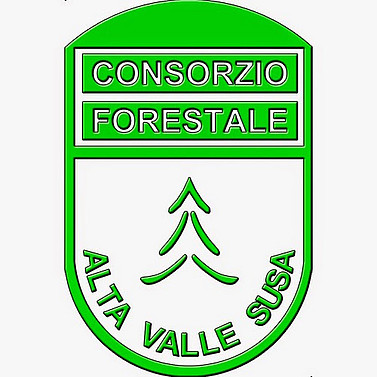
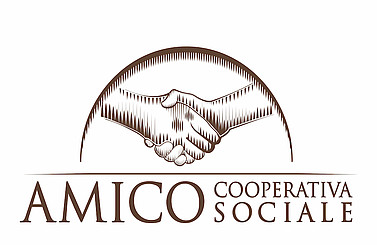

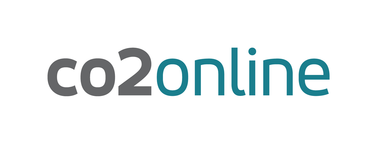
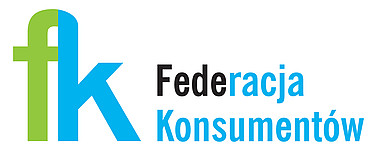
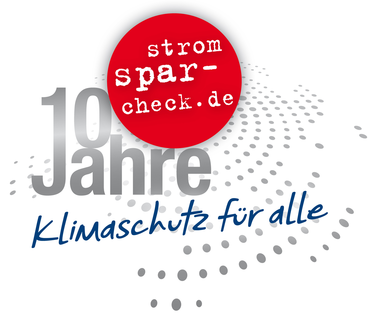
The CSOP Financing Brochure, published in seven languages, gives an overview of this innovative financing technique. Starting with definitions the CSOP implementation as a prototype business model for energy communities is explained step by step. The advantages of the concept from the point of view of different stakeholders, CSOP-history, Best Practice and FAQs follow.
Guidance for Follower Cities published in eight languages provides all learnings and insights of SCORE with a focus on local actors – primarily municipalities – aiming to set up an energy community and a CSOP. Part I focuses on practical steps for inception and a feasibility study. Part II is dedicated to involving other (local) stakeholders, including (vulnerable) consumer, and communication of CSOPs to actors at municipal level.
Our SCORE Flyer, used for dissemination, wraps up the project aims and partnership in a nutshell.
8 audio-visual productions illustrate SCORE include:
Details will follow
Details will follow
Details will follow
Details will follow
Outreach to public authorities was achieved primarily via Climate Alliance’s city network, but also through individual partners’ contacts. SCORE reached out to more than 700 municipalities.
Our 31 Follower Municipalities illustrate the plenitude & national diversity of SCORE
83 events organised in 13 countries with worldwide reach:
<Selected Webinars>
<Selected Conferences>
Currently, more than 50 million consumers, among them low-income households and single women, struggle to pay for energy bills in Europe. They are victims of energy poverty caused mainly by high energy costs and low household income. However, energy prices and inequality keep on rising all over Europe. At the same time the European Union is promoting RE prosumership, that is, turning consumers into producers; prosumers have the option of self-consuming renewable energy they produce or selling surplus production to third parties. While prosumership provides financial benefits such as lower energy costs and additional income, only those able to afford the necessary investments benefit.
If, however, the energy transition is to be successful, its benefits must be distributed evenly across society. The first step in enabling vulnerable groups to become prosumers – a means to mitigate energy poverty – depends on providing access to finance. This is what the CSOP does through its leveraged financing approach. Nevertheless, for some groups of vulnerable consumers even the reduced capital needed to participate in a standard CSOP is an insurmountable hurdle. This is where the “Assisted” CSOP comes in.
Unlike as in a regular CSOP in the case of a “Assisted” CSOP a) the RE installation is donated while b) the acquisitions of the equity share by the consumer-beneficiaries is additionally facilitated by a matching contribution from a donor. As a result the joining consumers need an even smaller initial contribution to participate and do not have to wait for the amortisation of the investment before they benefit from revenues. The “Assisted” CSOP allocates the residents share of the monies saved though RE production and energy efficiency measures to a dedicated expense fund; this fund covers expenses for their personal needs like for example a new pair of boots, a joint leisure excursion or a musical instrument. A secondary aim of the “Assisted” CSOP is to entice the new co-owners to save electricity, become more energy efficient and – where possible – to train them as energy consultants.
As the Polish SCORE Pilot showed “Assisted” CSOPs (-> RE-CSOPs) are of importance with regard to particular vulnerable groups like for example the homeless living in the shelter in Krzywoustego Street 6 run by the charitable association Holy Brother Albert in Słupsk. Developing an “Assisted” CSOP, we assumed that in the best case 50 residents of the homeless shelter participate with an overall contribution of PLN 216 each (about EUR 50); this contribution includes PLN 72 (about EUR 17) in six monthly instalments of 12 PLN as well as a matching contribution of PLN 144 (two for one, about EUR 34) from the Kelso Institute. The planned overall investment of the 50 “Assisted” CSOP participants amounted to PLN 10,800 (about EUR 2,500), roughly equivalent to 25% of the value of the PV installation.
As the investment of the “Assisted” CSOP participants is conveyed and administered by a trusteed entity, a limited liability company (spólka z ograniczona odpowiedzialnosca) was to be set up by the local charitable association Holy Brother Albert in Słupsk and managed by the president of the shelter. The Trust Ltd. was to collect both the personal instalments and the matching contribution allocating them to each resident’s personal account. With these funds the Trust Ltd. was to purchase subsequently up to 25 per cent of the PV installation from the City of Słupsk (who became the formal owner once the mounting was completed). The funds the city was to receive were to be reinvested in energy efficiency measures estimated to bring down the shelter’s electricity consumption by a further 15 per cent additional to the energy savings of 30% achieved during SCORE.
Although the city suspended project implementation for political reasons the “Assisted” CSOP concept was successfully developed and is now to be implemented in Italy, the Czech Republic and Germany.
Address:
Kelso Institute Europe
Kreuzbergstraße 76
10965 Berlin
Phone:
+49 (30) 62 86 01 06
E-Mail:
contact(at)kelso-institute-europe.de
Benchmarking Employee Participation in Profits and Enterprise Results in the European Union, the United Kingdom and the United States